We’ve compiled votes from our editors, and these thirty are the books we loved most in 2015. Ten are fiction, ten are nonfiction, and ten are reissues. As time marches forward, these books may be getting older, but we think they’re here to stay.
FICTION
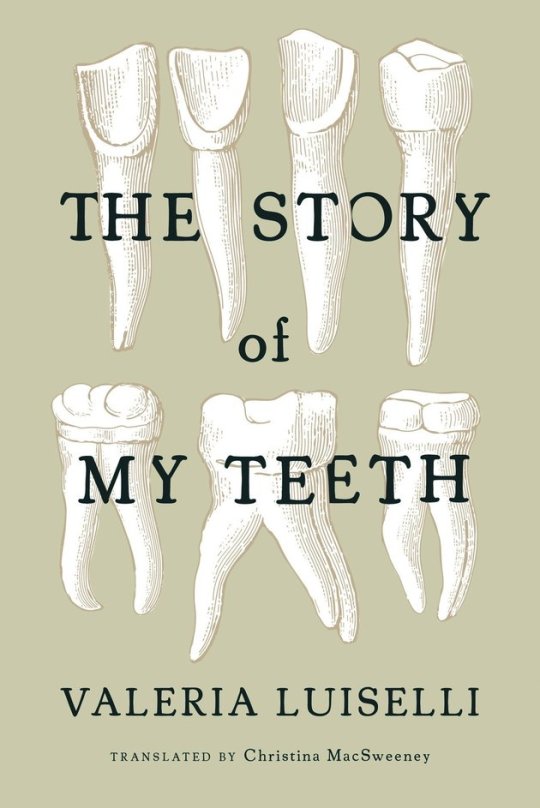
The Story of My Teeth by Valeria Luiselli (Coffee House Press, tr. Christina MacSweeney)
Originally commissioned as a project by Jumex, the Mexican juice company, The Story of My Teeth is a novel as playful as it is profound. In the guise of Gustavo (Highway) Sànchez Sànchez, Luiselli has pulled apart and expanded the map of what a story can be to reveal new territory.
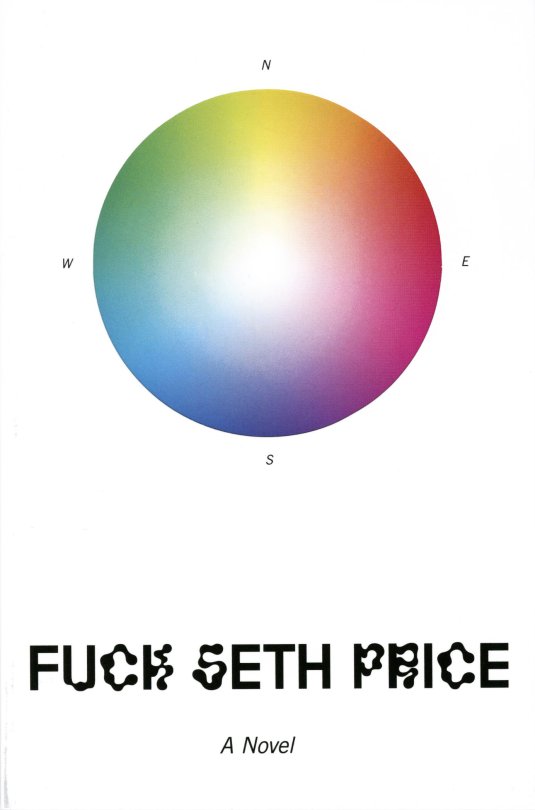
Fuck Seth Price by Seth Price (Leopard Press)
A thoughtful manifesto of contemporary art and literature. Price, a contemporary artist himself, writes with a healthy balance of cynicism and sincerity, academic distance and auto-fictional intimacy.
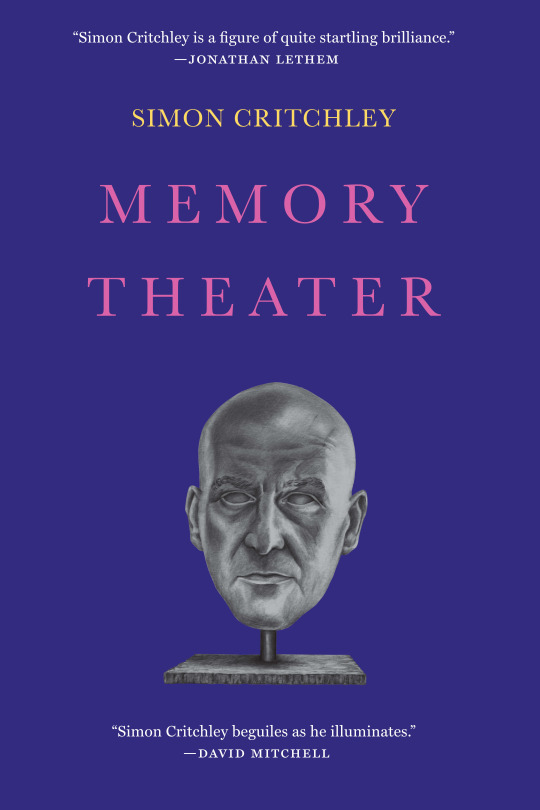
Memory Theater by Simon Critchley (Other Press)
An erudite novella about ancient mnemonic techniques, with the fun musings on death and classical philosophy that Critchley (first-time novelist, long-time philosopher) has become known for.
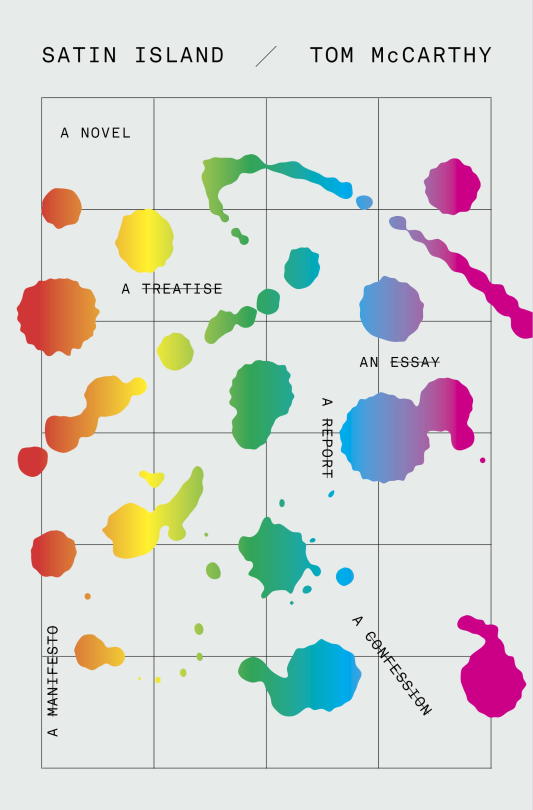
Satin Island by Tom McCarthy (Knopf)
Tom McCarthy’s Satin Island is what it might be like if Water Benjamin surfed the internet: a series of digressions, reflection and obsessions that builds into a story both utterly contemporary and oddly sublime.
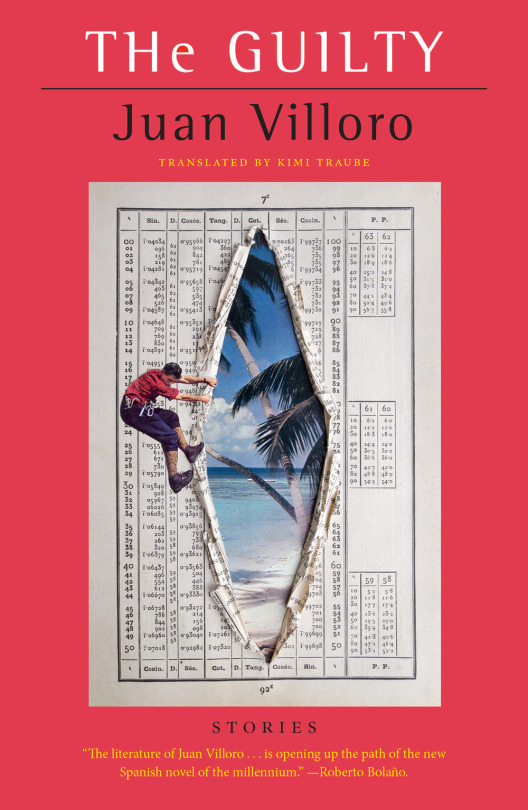
The Guilty by Juan Villoro (George Braziller, tr. Kimi Traube)
Magical realism is fun, but someone still has to clean up afterwards. Villoro’s stories, always beleaguered but never brooding, sift soberly through the debris and extract an earthbound, workaday kind of enchantment.

Vertigo by Joanna Walsh (Dorothy, a Publishing Project)
Supple, floating stories that unfold like memories almost too painful to recall in an affectless voice that can be digressive or disarmingly direct but which is ultimately devastating.
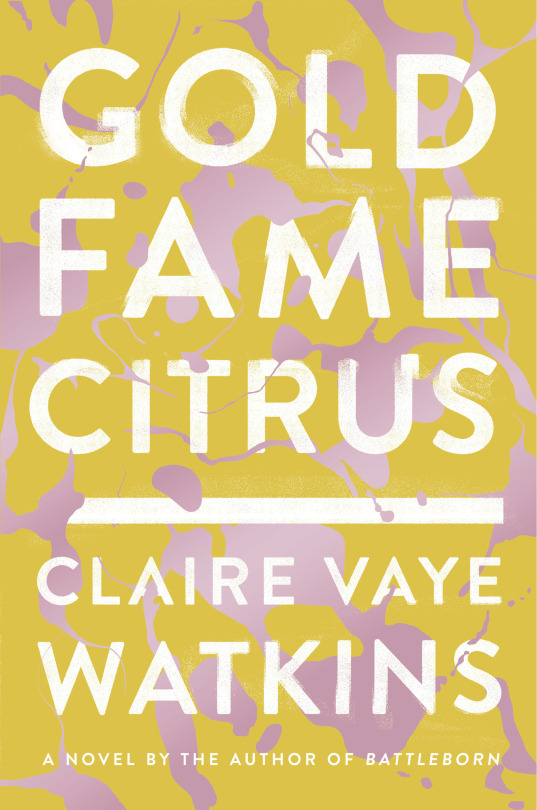
Gold Fame Citrus by Claire Vaye Watkins (Riverhead Books)
An end-of-the-world novel set in the Mojave Desert, Watkins’ much-anticipated debut draws on California lore—from cults and conservationists to mining tunnels and movie stars—but arrives at an unprecedented adventure story that asks us to consider what is worth saving when all is lost.
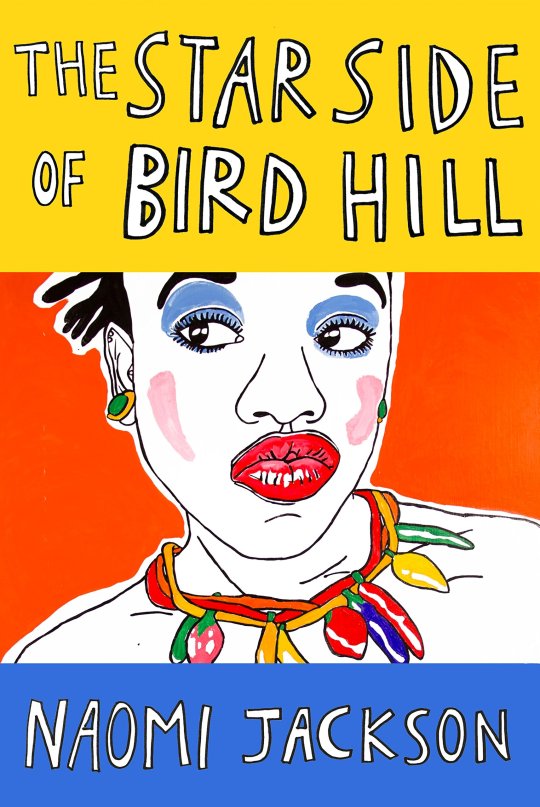
The Starside of Bird Hill by Naomi Jackson (Penguin Press)
Naomi Jackson is a wonder. Coming of age stories are the novels that I’ve always loved the best and this one is unflinchingly honest about how trying it is to come of age as a young black immigrant girl. It has been a tremendous oversight that while we have repurposed the legacies of Richard Wright and James Baldwin for our times, we have forgotten about the booming legacies of Alice Walker, Zora Neale Hurston, and Toni Morrison. What will happen to the...
You have reached your article limit
Sign up for a digital subscription and continue reading all new issues, plus our entire archives, for just $1.50/month.
Already a subscriber? Sign in




